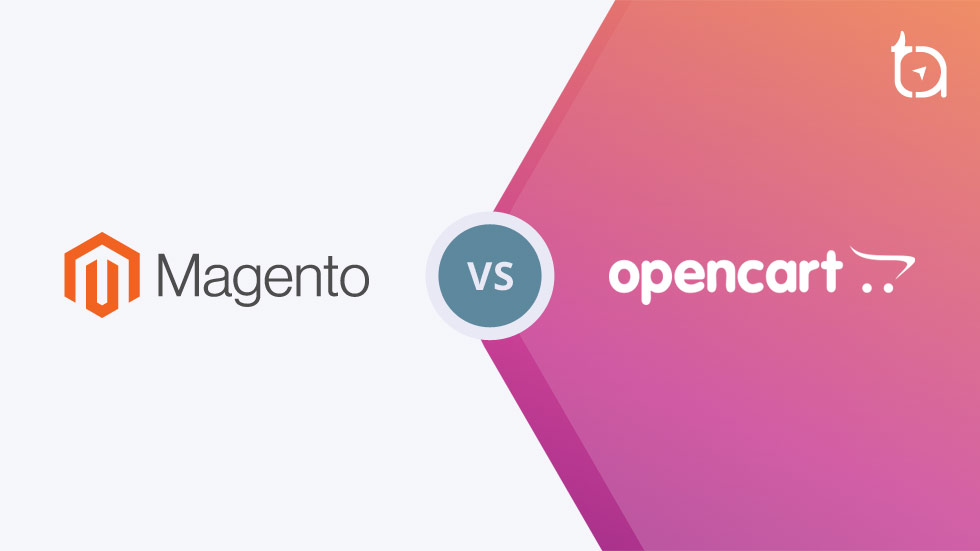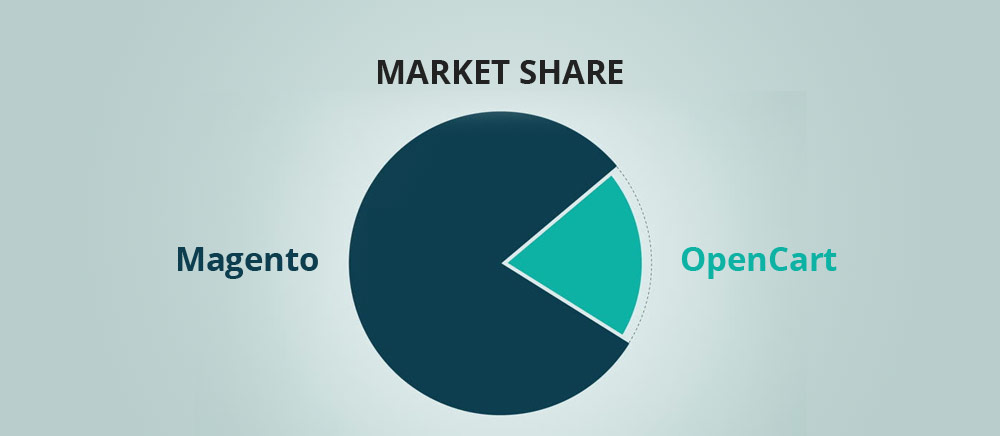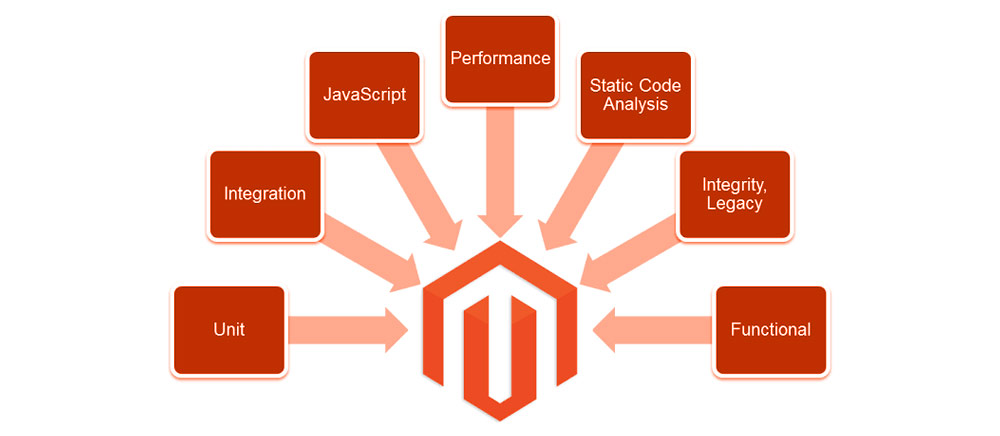Magento Vs OpenCart – Which is the Best PHP-based eCommerce Framework?

Author : Amarnath S 9th Dec 2019

Before getting into Magento vs OpenCart, let us start with eCommerce frameworks in general. When it comes to eCommerce platform development, every eCommerce framework has its advantages, but selecting the right framework is vital. Also, every eCommerce business owner wants their online store to be powered with the most flexible, robust, and scalable eCommerce platform. It is purely based on your business requirements and your plans for future enhancements.
According to Statista, Magento has a market share of 7.91%, and OpenCart has 2.17%. While there is a host of eCommerce frameworks such as OsCommerce, Prestashop, Spree, and ZenCart, Magento and OpenCart are widely considered as the most search engine friendly open-source eCommerce frameworks available in the market.

Some of the common advantages offered by both Magento and OpenCart frameworks include:
- Multi-vendor Support – Allows the vendors to manage their products efficiently and to track their orders and payments.
- Mobile Platform Compatibility – Useful in page optimization.
- Large Extension Library – a Large number of libraries and plugins to support the required functionalities.
- Multiple Languages and Currencies – Both Platforms support multiple languages and currencies which is vital for large scale enterprises.
- Support for Bulk Product Import – In addition to product management, both eCommerce frameworks allow bulk product imports, which saves time.
- Interface Support – Can be interfaced with most of the third party payment gateways and shipping delivery services.
- Time to Develop – Most of the functionalities can be implemented by using the available plugins of the respective eCommerce platforms. This prevents reinventing the wheel, and hence the development time can be comparatively reduced.
- Cost – Developing an eCommerce platform using Magento/OpenCart is cost-effective.
Both Magento and OpenCart are PHP-based eCommerce frameworks. These platforms facilitate the provision for the admin and the sellers to add products using built-in templates.
Advantages of Using Magento e-commerce Framework

- Versatile Content Management
- Mobile-Friendly Configuration
- Advanced Search Engine Optimization
- Powerful and Durable
- Built-in Upsells and Cross-sells
- Easy Third-party Integrations
- Customize Security Permissions
- Intelligent Filtered Search for Shoppers
- Extensive Community Support
- Saves Time and Money
Advantages of Using OpenCart e-commerce Framework

- Easy to Develop
- Easy to Use
- Rich Documentation & Community Support
- Easy To Make Changes to Your OpenCart Store
- There are thousands of Extensions and Modules
- It has Virtual File Structures: VQMOD and OCMOD
- It has Ready-to-use Templates
- Offers Multilingual Support
- Multi-store Mode
- SEO-friendly
How Magento Differs from OpenCart
While comparing Opencart vs Magent, both platforms offer better shopping experiences, SEO resources, design options, scalability, and unlimited libraries, they differ in some aspects.
Both Magento and OpenCart are developed for large online stores. Magento has many libraries and tools compared to OpenCart, but it is much more user-friendly compared to Magento. As far as the UI for the admin interface is concerned, OpenCart offers a simple UI and does not require any technical expertise and represents simplified statistical data.
While OpenCart offers both community support and support as a service to its users, Magento offers only community support. Also, hosting expenses are less in OpenCart when compared to Magento. But, Magento is preferred over OpenCart when it comes to advanced SEO.
Besides providing advanced features, both Magento and OpenCart offer the best eCommerce solutions with highly scalable design and widespread support from the developer community. Both frameworks are scalable and robust enough to develop good eCommerce platforms, and the selection is purely based on your business needs and requirements.
We, at TechAffinity, have expert eCommerce developers having hands-on experience in developing eCommerce platforms for all your unique business needs. Line up your queries at media@techaffinity.com or get in touch by scheduling a meeting.
